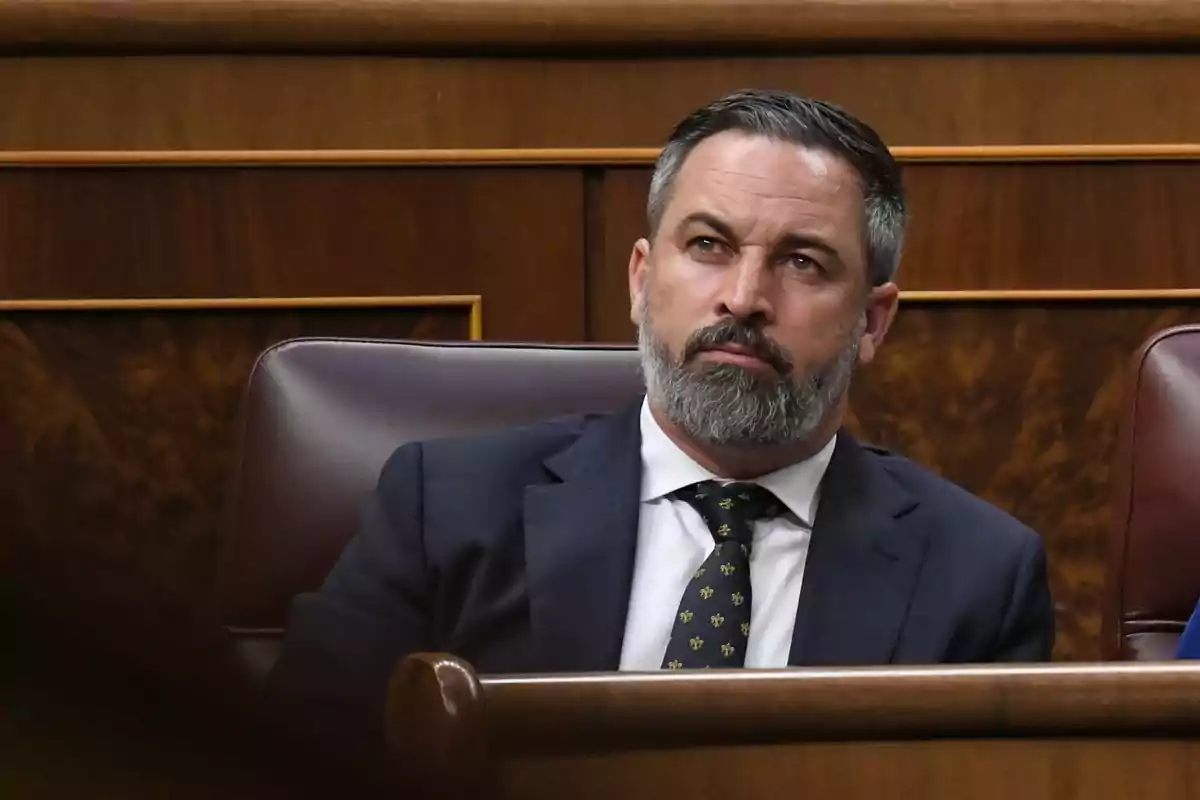
PSOE's crisis reignites the war between PP and Vox
Vox is more interested in attacking PP than PP is in defending itself: meanwhile, Sánchez is preparing the response
The crisis of Sanchismo has its consequences within the right. Feijóo's PP, with little ideological content, is trying to push the anti-Sanchista strategy with a "moral rearmament" of the country. Meanwhile, Vox claims that PP is the other side of PSOE both in Spain and in Europe. In other words, the competition between both parties is on.
To begin with, Vox has replied to PP's national congress and will organize its general assembly one week before the populares. The narrative Vox wants to convey is that PP doesn't have the courage to present a motion of no confidence. In fact, Abascal said that Feijóo "cheats" Spaniards with his displays of outrage at socialist corruption.

"What PP wants is to destroy Vox in order to make a deal with PSOE and give Sánchez a way out," Abascal recently said at a party event. These words confirm that Vox is still attacking from the side of bipartisanship and "PPSOE" as two sides of the same coin. In this sense, Abascal's group also takes advantage of the Presidents' Conference to criticize Feijóo.
Vox considers it intolerable that PP's regional leaders agree to attend the Conference. "There's nothing to talk about with the mobster," said PP's spokesperson in Andalusia, Manuel Gavira, in recent days. In this sense, it's taken for granted that Vox won't attend the June 8 demonstration called by PP either. The slogan Vox has launched is "Democracy or mafia":
PP follows the Aznar path
On the other hand, PP calls for "a cool head," in the words of former President Aznar. Aware that the parliamentary arithmetic offers no leeway, Feijóo doesn't want to lead a phantom motion. Otherwise, Sánchez would claim that Congress has once again given him its trust and that Feijóo can't build an alternative majority.

Likewise, in Génova, they're aware that the main problem "Frankenstein" now faces isn't corruption, which isn't penalized in the polls, but Sumar. With a drop of 24 deputies (24 diputados), Yolanda Díaz's party is the main obstacle to renewing the coalition government. This explains why PP follows the Aznarist strategy of "a cool head and maximum tension" to keep the atmosphere heated ahead of the next general elections in 2027.
In general terms, what can be seen is that Vox is more interested in attacking PP than PP is in defending itself. The question is what Sánchez's next move will be to escape all this pressure. There are two years left until the general elections, which means there's still a long way to go.
More posts: